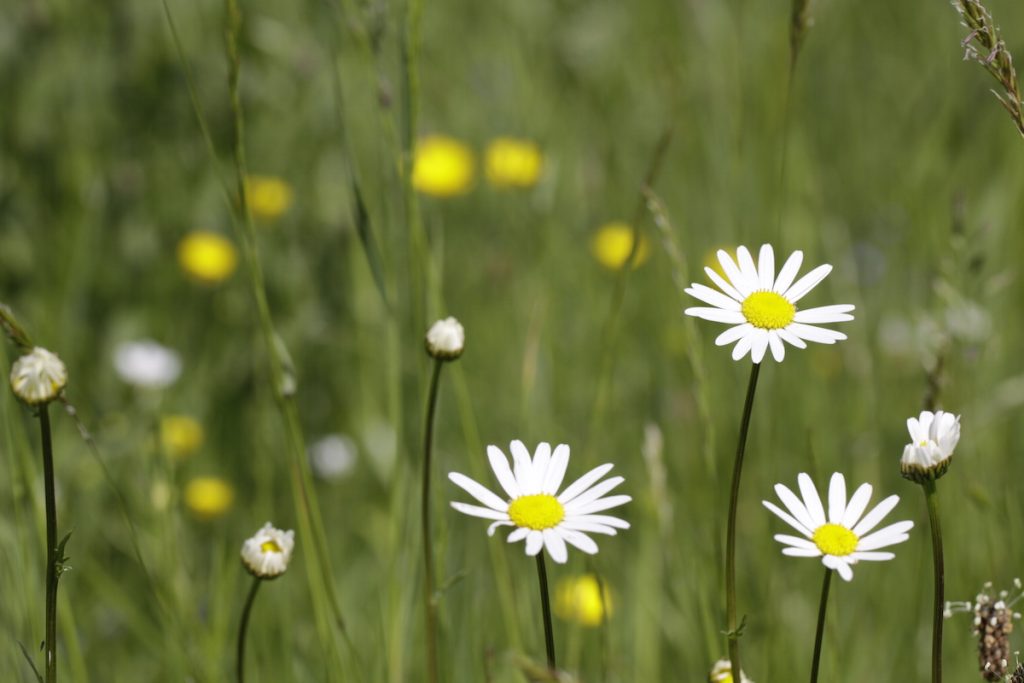If you’re out watering your flower garden by hand, you naturally concentrate the flow of water to benefit your beautiful flowers. If there’s an area of weeds, you don’t waste water there. As best you can, you avoid watering the weeds.
It’s the same with your consciousness. You can learn to selectively water the positive seeds and flowers in you by attending to them. There are enough weeds. You don’t have to encourage them.
To encourage beneficial mental states, seek experiences that stimulate them and avoid unnecessary experiences that encourage harmful ones. When you encounter something positive and healing, pause with it, lighting the lamp of your mindfulness to savor and appreciate it. If you notice the wonderful smell of the rain, for example, instead of just moving quickly past the experience without deeply appreciating it, you can prolong your contact with this wonderful sensation. Pause for a moment and really let yourself experience the smell of the rain. If you are struck by the blueness of the sky, linger for a moment and breathe mindfully, taking in the wonderful blue color. Don’t rush past these marvelous experiences, treating them as if they are unimportant. To treat them as unimportant is ultimately to treat yourself as unimportant. This is your life: enjoy it!
Sometimes we unwittingly water the weeds within us. We voluntarily expose ourselves to toxic and destructive things. When we’re sad, we tend to feed the sadness by playing sad music, drinking too much, and rehearsing our sad thoughts internally and to anyone who can bear listening to us.
Protect yourself from experiences that harm your consciousness. . . . It’s important to notice how things actually affect you and not let them colonize your consciousness, even if they’re popular or critics say they’re artistic. If you see this clearly, you won’t want to continue exposing yourself to this kind of experience. There are many lovely things in the world. Why focus so much on the potentially destructive ones?
♦
From The Buddha’s Way of Happiness by Thomas Bien, Ph.D. © 2010. Reprinted with permission of New Harbinger Publications.
Thank you for subscribing to Tricycle! As a nonprofit, we depend on readers like you to keep Buddhist teachings and practices widely available.
